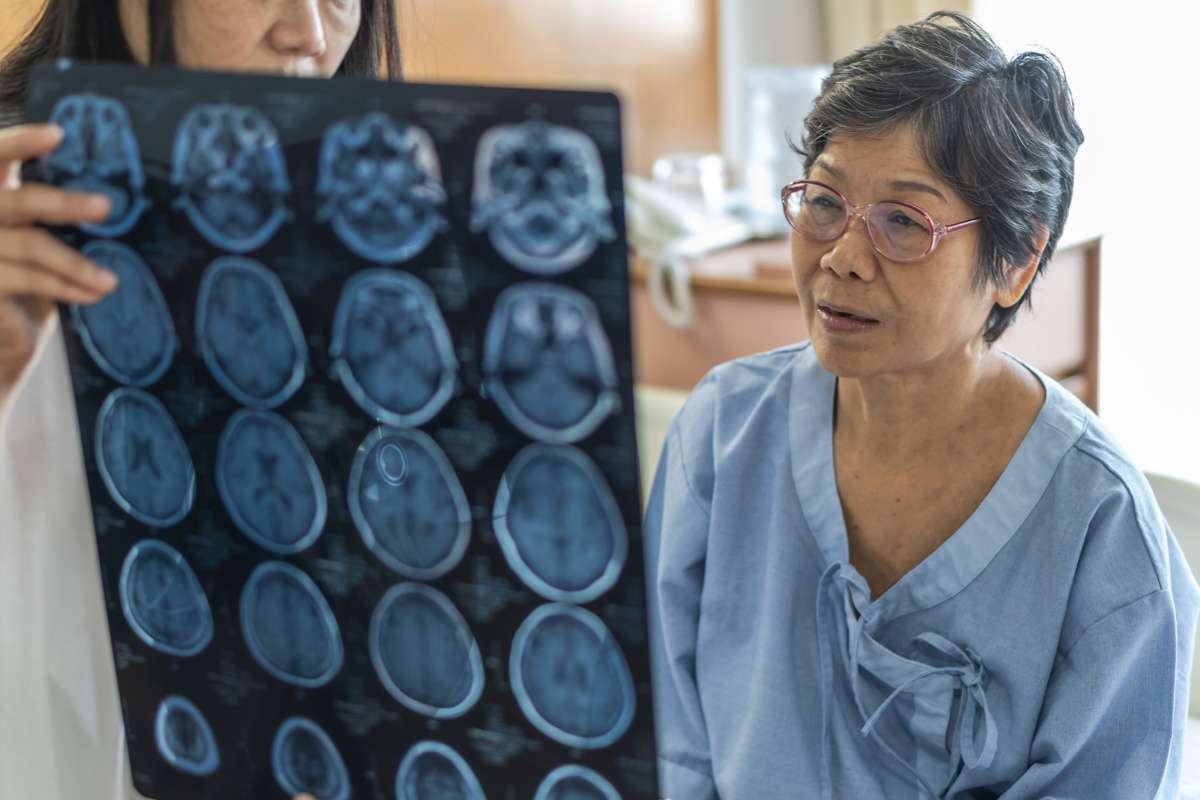Key Symptoms That May Indicate Alzheimer’s
Recognizing the early warning signs of Alzheimer's disease can be crucial for timely intervention and better quality of life. While occasional forgetfulness is normal as we age, persistent cognitive changes, behavioral shifts, and difficulties with daily activities may signal something more serious. Understanding these symptoms helps families and caregivers identify when professional evaluation is necessary, potentially leading to earlier diagnosis and access to available treatments.

What Are the Early Warning Signs of Alzheimer’s Disease?
The early warning signs of Alzheimer’s disease often develop gradually and may initially be mistaken for normal aging. Memory loss that disrupts daily life is frequently the first noticeable symptom, particularly difficulty remembering recently learned information. Individuals may repeatedly ask the same questions, forget important dates or events, or increasingly rely on memory aids like notes or electronic devices for tasks they previously handled independently.
Changes in problem-solving abilities and planning skills also emerge early in the disease process. Simple tasks like following a familiar recipe or managing monthly bills may become challenging. People may have trouble concentrating and take much longer to complete activities they once did easily. Additionally, confusion about time or place can occur, where individuals lose track of dates, seasons, or their current location.
Common Cognitive Symptoms to Watch For
Cognitive symptoms extend beyond memory problems and affect various aspects of thinking and processing. Language difficulties often manifest as trouble finding the right words during conversations or following along with discussions. Individuals may stop mid-sentence, unable to continue, or repeat themselves frequently. They might also struggle with vocabulary, calling familiar objects by wrong names.
Visual and spatial challenges represent another category of cognitive symptoms. People may have difficulty reading, judging distances, or determining color contrasts. This can significantly impact driving ability and increase the risk of falls. Problems with visual perception may also affect their ability to navigate familiar environments or recognize faces.
Executive functioning, which involves planning, organizing, and decision-making, becomes increasingly impaired. Simple decisions like choosing appropriate clothing for the weather or determining what to eat for lunch may become overwhelming. Multi-step tasks that were once routine, such as preparing a meal or managing medications, may require assistance or supervision.
Behavioral Changes Associated with Alzheimer’s
Behavioral changes associated with Alzheimer’s can be particularly distressing for both patients and their families. Mood and personality alterations often occur, with individuals becoming confused, suspicious, depressed, fearful, or anxious. They may become easily upset in situations outside their comfort zone or when interacting with family members, friends, or caregivers.
Social withdrawal is common as people with Alzheimer’s may remove themselves from hobbies, work projects, or social activities they previously enjoyed. This withdrawal often stems from the challenges they face in following conversations, remembering how to participate in favorite activities, or keeping up with social situations.
Sleep patterns frequently change, with individuals experiencing increased restlessness, wandering, or sundowning—a phenomenon where confusion and agitation worsen during late afternoon and evening hours. These behavioral changes can significantly impact the entire household and may require specialized care strategies.
Professional Evaluation and Diagnosis Options
When concerning symptoms persist or worsen, seeking professional evaluation becomes essential. Healthcare providers specializing in memory disorders, including neurologists, geriatricians, and neuropsychologists, can conduct comprehensive assessments. These evaluations typically include detailed medical histories, cognitive testing, physical examinations, and sometimes brain imaging studies.
Early diagnosis offers several advantages, including access to medications that may temporarily slow symptom progression, time to plan for future care needs, and opportunities to participate in clinical trials. Healthcare providers can also rule out other treatable conditions that may cause similar symptoms, such as vitamin deficiencies, thyroid problems, or medication side effects.
| Service Provider | Evaluation Type | Estimated Cost Range |
|---|---|---|
| Primary Care Physician | Initial Assessment | $200 - $400 |
| Neurologist | Comprehensive Evaluation | $500 - $1,200 |
| Neuropsychologist | Cognitive Testing | $800 - $2,000 |
| Memory Care Center | Full Diagnostic Workup | $1,500 - $3,500 |
Prices, rates, or cost estimates mentioned in this article are based on the latest available information but may change over time. Independent research is advised before making financial decisions.
Support Resources and Next Steps
Numerous resources exist to support individuals and families navigating Alzheimer’s disease. The Alzheimer’s Association provides educational materials, support groups, and helpline services available 24/7. Local Area Agencies on Aging offer information about community resources, including adult day programs, respite care, and transportation services.
Support groups, both in-person and online, connect families with others experiencing similar challenges. These groups provide emotional support, practical advice, and strategies for managing daily challenges. Many communities also offer educational workshops covering topics like communication techniques, safety planning, and legal considerations.
Healthcare teams can help develop comprehensive care plans that address medical management, safety concerns, and quality of life issues. Early planning allows families to make informed decisions about treatment options, living arrangements, and financial planning while the individual with Alzheimer’s can still participate in these important conversations.
Recognizing the key symptoms that may indicate Alzheimer’s disease empowers families to seek appropriate evaluation and support. While receiving a diagnosis can be overwhelming, early identification opens doors to treatments, resources, and planning opportunities that can significantly improve outcomes for everyone involved. Professional guidance, combined with community support and family involvement, creates the foundation for navigating this challenging journey with dignity and hope.
This article is for informational purposes only and should not be considered medical advice. Please consult a qualified healthcare professional for personalized guidance and treatment.




